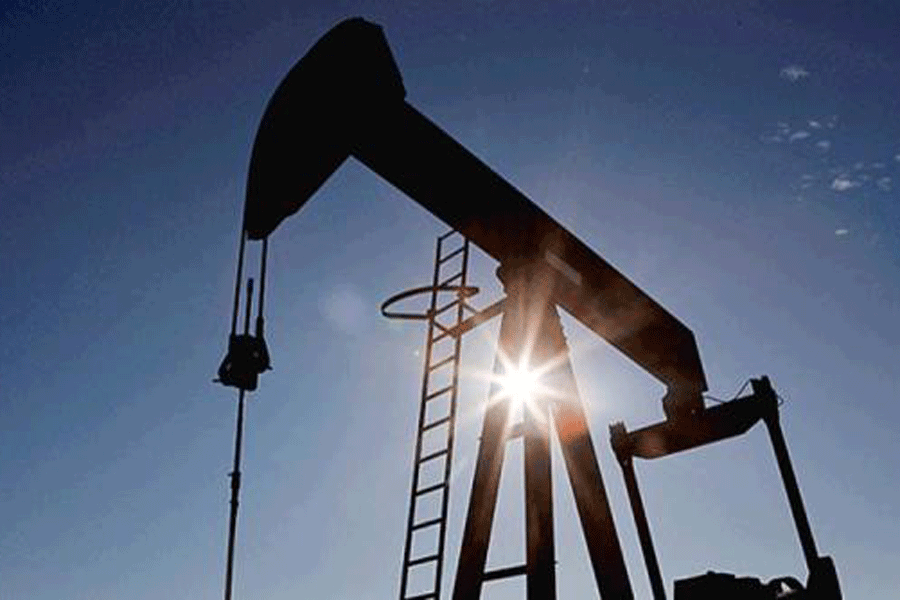India’s crude oil reserves will last another 15 years in the absence of new finds, the petroleum ministry has informed a parliamentary panel.
“The E&P (exploration and production) companies under all regimes have reported 447.57 million tonnes (mt) of 2P Reserves (Proved + Probable) as of April 1, 2022. At the current annual production level, the reserves will last for about 15 years provided no new reserves are accreted,” the oil ministry said.
The calculations did not consider reserves that are recoverable technically nor did it take into account future discoveries. “Thus, oil reserves are likely to last longer from the current estimate,” the ministry has qualified.
India consumes about 5.5-5.6 million barrels per day, with the share of imports about 4.6 million barrels per day, which is about 10 per cent of the overall oil trade in the world.
The import of crude by oil PSUs jumped to 141.2mt in 2022-23 from 120.5mt in 2021-22.
As per the International Energy Agency’s World Energy Outlook 2022, the energy demand of the country is expected to grow at about 3 per cent per annum till 2040, compared with the global growth rate of 1 per cent.
Asian premium
Most of the foreign national oil companies declare the selling price of crude oil for different grades. They declare it either as a flat price or as a premium or discount to the marker crude oil.
The ministry informed the panel that over and above the official selling price, an extra cost called the Asian premium is levied on the purchase of oil.
The levy is on account of lower transportation costs due to the proximity of India to West Asia from where the country imports a big share of its crude oil requirement. This, however, impacts the gross refining margins of the companies.
The panel report said: “The official selling price (OSP) decided by the national oil companies (NOCs) in the West Asia needs better transparency. The oil PSUs along with other oil importing companies should try to impress upon the NOCs to fix OSPs based on certain formulae.”
“The price of crude oil has no relation with the production cost, etc. Since the commodity is a natural resource endowed upon some countries the pricing should be reasonable to ensure energy access at affordable prices to citizens across the world.”
Since the oil-producing countries to a large extent are acting in a concerted way, the price of crude oil is largely producer-determined rather than market-driven.
“The committee would recommend the ministry to coordinate with other oil importing countries and approach multilateral institutions to bring reforms in the pricing of crude oil to availability at a reasonable price to the global community,” the report added.










